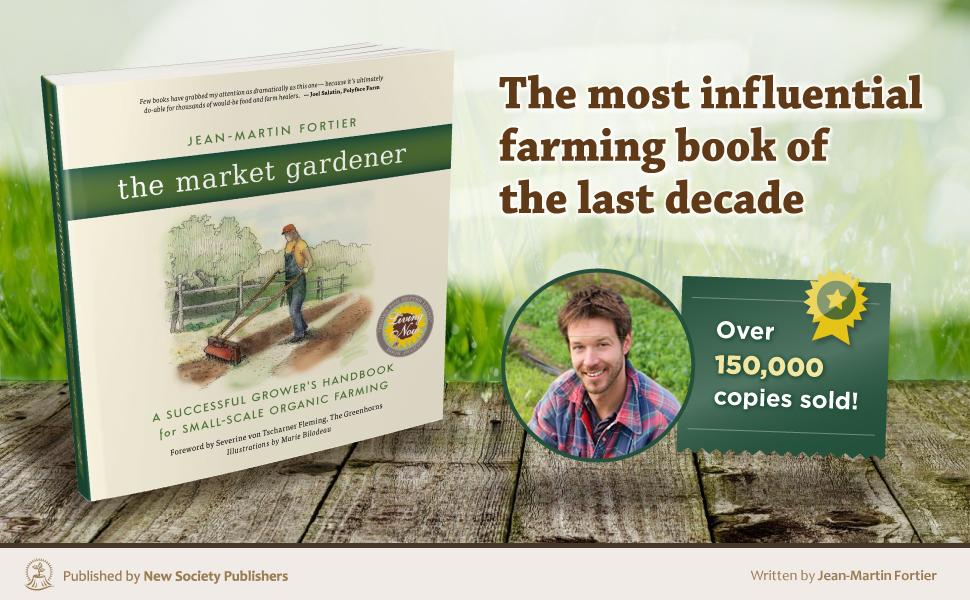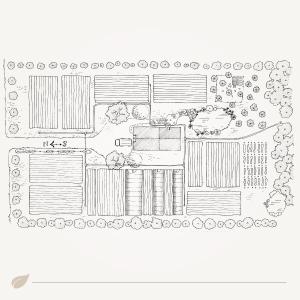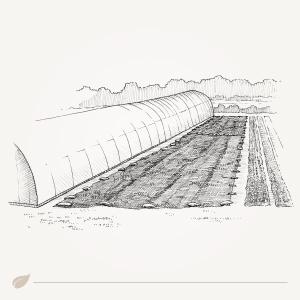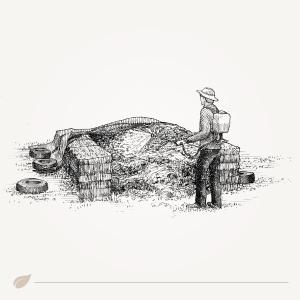Servicios al cliente
Sobre nosotros
Copyright © 2024 Desertcart Holdings Limited










The Market Gardener: A Successful Grower's Handbook for Small-Scale Organic Farming








T**.
Excellent Resource for the aspiring farmer
A lot of people that don't read this book are quick to say things like, "yeah, you say he makes 6 figures, but he's in a city and supplies restaurants", and that his method wont work in other locations. First off, yes, he does make 6 figures, but he lives in the country (60 min or so from the city), and while he does supply restaurants, he mostly supplies families and sells at farmers markets. Him and his wife also work about 40 hrs a week and he hires one or two people seasonally and shuts down for about 3 months in the winter. His book shows in excellent detail how he has achieved his success over time (not overnight), and the steps are very practical for other locations. OF COURSE there will be things you need to adjust if you apply this method in other areas (and any potential farmer should know that), but the information is extremely practical and relevant no matter where you are. If you want to do micro-intensive farming, this is a wonderful resource and shows you the things you need to do and start thinking about. I am currently looking for land where I will start my own micro-farm operation, and while I will not use this book exclusively (every farm is different), it's going to be a major reference. Of note, Jean Martin has recently started to integrate permaculture into his operation, and that information is not contained in this reference since he's just started in that endeavor. It is still an excellent reference for the aspiring organic grower. Personally, I very-much appreciate his common-sense approach on standardized beds and hand tools that are designed for those beds. His practices will not only give me fantastic food, but will also help me to become more physically fit through efficient manual labor, which as someone who works behind a desk, I am craving. He also shows how he looks at his crop value, crop rotation, how he works his greenhouse, transplants, and many examples of his spreadsheets that keep his business running a profit; the list goes on and on... I can't recommend this book enough.
A**X
A must have classic
This is a must for someone who wants to start farming organic. Everything well explained with details. This is the book that got me into organic farming some year ago, and still come back to its pages for advice from time to time..
D**C
Well done- saving me a year of research and countless cost and mis-steps
I learned about the author and this book via cozy circle of internet focused marketers seemingly trading off each other's internet brand for commercial gain. What could possibly go wrong with this purchase? Nothing does, the author hits it out of the park and my cynicism skulks back to its dank lair. If you are a market gardener unhappy with how things are going or considering being a market gardener read this book. It is partly story of authors successful market farm and and humble beginnings but is mostly about intensive market garden techniques, practices, underlying principles author adapted or developed over 10+ years of focus, diligent planning, intelligence, practical sense and clarity on what is important in life to the author. This guy makes a lot of sense.Many charts, planning tools, crop rotations soil, pest, cropping, harvest techniques and insight to marketing approach(es) throughout the book as they apply to author's situation. Series of 20 minute recordings on Youtube that roughly follows the book without the book's detail.Is not intended to be a market gardening recipe book but I believe that with a decent work ethic, clear understanding of yourself and life goals plus judicious application or adaptation to local conditions solely of author's techniques and practices as described in the book an inexperienced market gardener with limited capital could easily become sufficiently successful in 2 growing seasons regardless of location.
J**3
Put this book to work
If your copy of Eliot Coleman's The New Market Gardener is starting to fall apart, you need this book. A young farmer friend of mine once wisely said that there's no use in being ecologically sustainable is you cannot be economically sustainable. This book takes it to the next level to achieve both. I just finished our tenth year of small-scale vegetable growing for markets, and I am just in awe of this book. Eliot got me this far. Jean-Martin will help us make this place truly economically sustainable.What this book IS: A book to help new farmers or experienced farmers make a living growing food for local people on small acreage with few inputs. The charts, planting information, rotations, etc. are so valuable because they are specific. Naturally farmers will need to tweak them given their own microclimates and practices, but everyone needs something to build on. Using this book instead of only having personal experience will save new farmers years of learning. If you are not new to biologically-intensive farming, you will find yourself coming up with all kinds of ideas for incorporating these ideas into your own production system. Joel Salatin says in his book that You Can Farm. This book shows you all the details you need to actually do it.What this book is NOT:-- It's not a tract on healthful eating avoiding GMO's, etc. OF COURSE it is good for that, but people wanting more information on those kind of topics should educate themselves with books or articles devoted them.-- It is not designed to fit every single farmer's current needs. Maybe you don't yet have a seed house or a cooler. If you stick with this lifestyle, you will. And the book will be there for you on that day.-- It's not going to be a formula for all farmers in all zones or even all continents. There isn't a recipe for farming. But the practices are flexible and tweakable, so build on it.
Trustpilot
Hace 1 semana
Hace 3 semanas